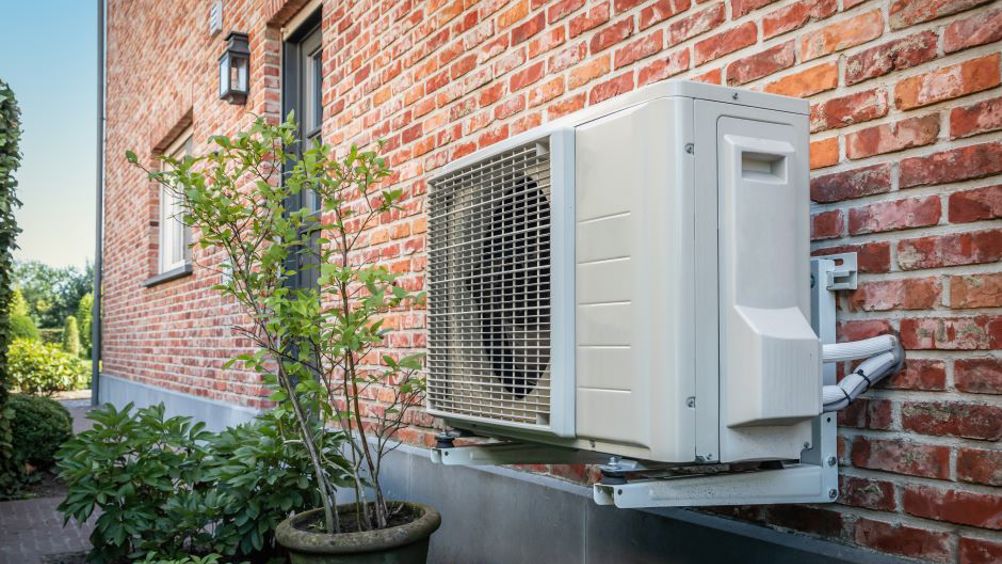UK falling behind on energy efficient homes
A report from Imperial College London has found that the UK is falling behind other European countries in efforts to upgrade and decarbonise homes.

Decarbonising Buildings: Insights From Across Europe was published yesterday (December 14, 2022) by the Grantham Institute – Climate Change and the Environment at Imperial.
Countries including Germany, France, Sweden, Norway, Italy and the Netherlands have been rolling out multiple programmes and incentives to reduce residents’ energy consumption and costs.
Sweden currently has the highest number of ground source heat pumps per capita in the world, while Norway is now heating approximately 85 per cent of its buildings using electricity, 92 per cent of which was produced by hydropower, and 6.5 per cent from wind.
In comparison, the report’s authors say the UK government is falling behind in helping people conserve energy, leaving Britons in some of the least efficient housing in Europe, and compounding the energy and cost of living crises.
In a statement, lead author Dr Salvador Acha, from Imperial’s Department of Chemical Engineering, said: "Studies show the UK's 28.6 million homes are among the least energy efficient in Europe and lose heat up to three times faster than on the continent, making people poorer and colder.
Register now to continue reading
Thanks for visiting The Engineer. You’ve now reached your monthly limit of news stories. Register for free to unlock unlimited access to all of our news coverage, as well as premium content including opinion, in-depth features and special reports.
Benefits of registering
-
In-depth insights and coverage of key emerging trends
-
Unrestricted access to special reports throughout the year
-
Daily technology news delivered straight to your inbox










Water Sector Talent Exodus Could Cripple The Sector
Maybe if things are essential for the running of a country and we want to pay a fair price we should be running these utilities on a not for profit...